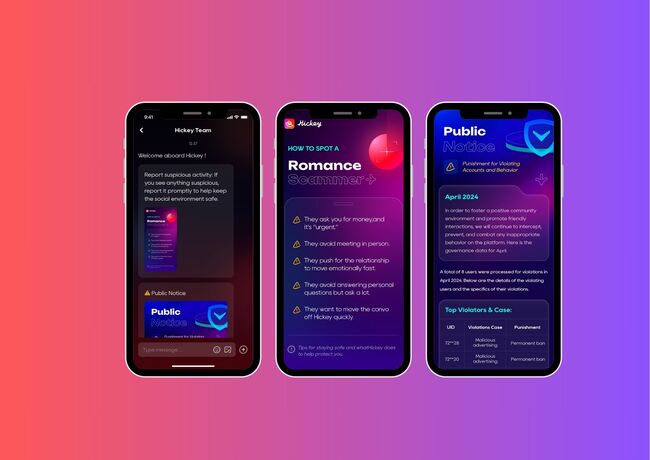In recent years, a spotlight has shone on Millennials, a generation navigating an ever-evolving society with grace, yet not without its hurdles. These challenges are multifaceted, touching on economic, social, and personal spheres of life. Here, we delve into the intricacies of these issues, offering a lens through which we can understand the distinct landscape Millennials find themselves in.
Navigating the Generational Divide
One of the most talked-about challenges Millennials face is the generational divide, particularly in understanding and being understood by both the Boomers and Generation Z. This divide isn’t just about differing tastes in music or technology preferences. It reflects a deeper disconnect in values, communication styles, and life goals. Older generations often label Millennials as entitled or lazy, while Millennials feel misunderstood and pigeonholed by stereotypes. This tension affects family dynamics, workplace harmony, and social interactions. It’s more than parents and teens not getting along; it’s a broader societal gap that impacts mental health and personal development.
Economic Instability
Financial insecurity stands as a colossal challenge for many in this demographic. Saddled with student debt, facing skyrocketing housing costs, and navigating a competitive job market, Millennials often find themselves in a precarious financial situation. Unlike previous generations, the promise of a stable career following education is no longer a guarantee. The economic landscape has shifted, with gig economy jobs replacing traditional employment for many, leading to a lack of benefits and job security. This instability not only affects their current quality of life but also their ability to plan for the future, including saving for retirement or investing in a home.
The Mental Health Crisis
The mental health of Millennials is another pressing issue, with rising rates of depression, anxiety, and loneliness marking the psyche of the generation. While awareness and destigmatization of mental health issues have improved, access to affordable and effective care remains a significant barrier. Social media, while a tool for connection, often exacerbates feelings of inadequacy and isolation as users compare their behind-the-scenes to everyone else’s highlight reel. Coupled with the pressure to succeed in a seemingly unstable world, many Millennials feel overwhelmed and underprepared to handle the stresses of modern life.
The Housing Hurdle
Securing affordable housing has become a pipe dream for many Millennials. With the real estate market ballooning beyond reach, the prospect of owning a home feels like a relic of the past. Renting, too, poses its own set of challenges, with prices soaring and competition fierce. This housing crunch forces Millennials to make tough choices, like delaying family planning or moving back in with parents, impacting their independence and life trajectory. The dream of homeownership, once a milestone of adulthood, now appears as a distant mirage for a generation eager to lay down roots.
The Environmental Anxiety
Millennials are also the first generation to feel the weight of environmental crises in their daily lives. Climate change is not just a news headline; it’s a real concern impacting their choices and future. This generation is at the forefront of advocating for sustainable living and policy changes, often altering their consumption habits to mitigate environmental impact. However, this awareness comes with its burden, as eco-anxiety grips many who worry about the planet’s future and the world they will leave for subsequent generations. This unique form of stress adds another layer to the already complex tapestry of Millennial challenges.
The Career Conundrum
Gone are the days of linear career paths. Millennials often find themselves in a labyrinth of job transitions, underemployment, and the gig economy. The traditional career ladder has morphed into a career web, with many feeling lost in the maze. This generation values meaningful work and work-life balance, often leading to clashes with traditional workplace cultures that prioritize longevity and overwork. Moreover, the rise of AI and automation looms as a threat to job security, pushing Millennials to continuously adapt and learn. Here lies the crux of the issue: a failure to launch program that adequately prepares young adults for this new reality is sorely needed, leaving many to feel like they’re perpetually catching up rather than forging ahead.
Social Media
While social media offers unprecedented ways to connect and learn, it’s a double-edged sword for Millennials. On one hand, it provides a platform for expression, activism, and community building. On the other, it can be a source of stress, comparison, and misinformation. The pressure to curate a perfect online persona can lead to anxiety and a sense of inadequacy. Additionally, the constant barrage of information and the blurring of public and private boundaries contribute to digital burnout, making it harder for Millennials to find peace in an always-on world.
Millennials, often depicted as a generation of contrasts, face unique challenges as they navigate the complexities of modern life. From economic instability and mental health struggles to environmental concerns and the digital dilemma, these issues are interwoven into the fabric of their daily experiences. Yet, amidst these trials, Millennials continue to adapt, innovate, and advocate for change, demonstrating resilience and creativity. As society evolves, so must the systems and attitudes supporting this vibrant generation. By acknowledging and addressing these challenges, we can foster a more inclusive, supportive, and dynamic future for all.







